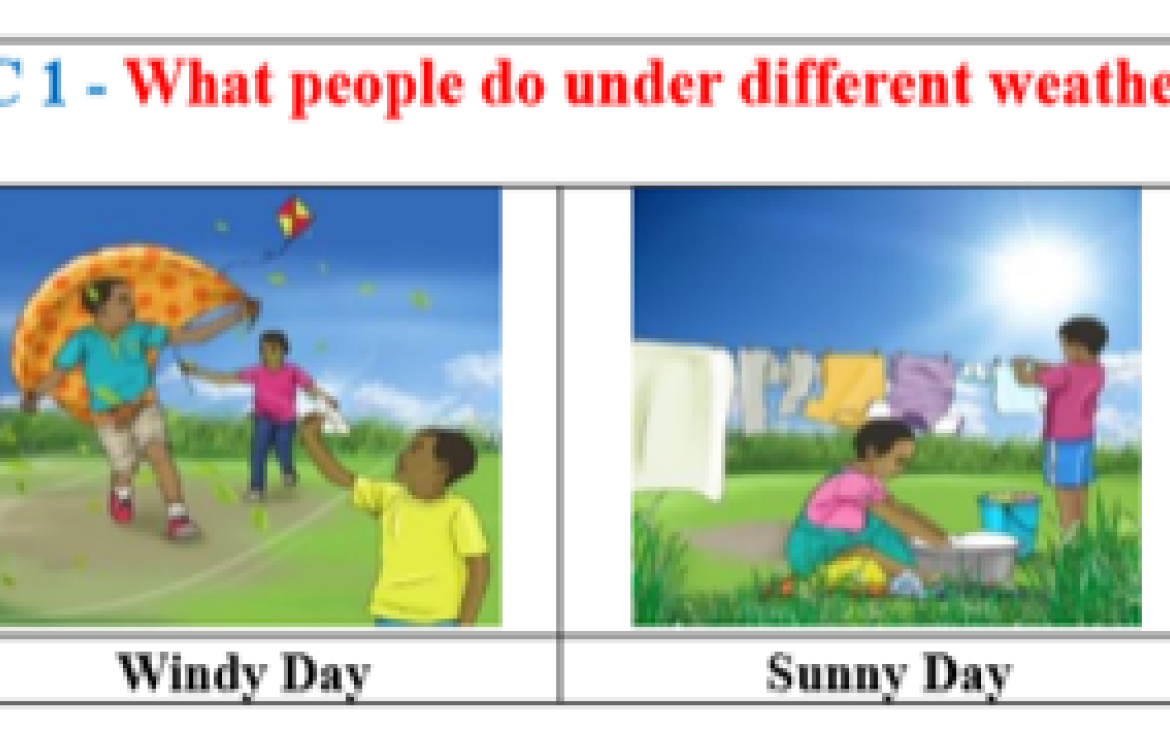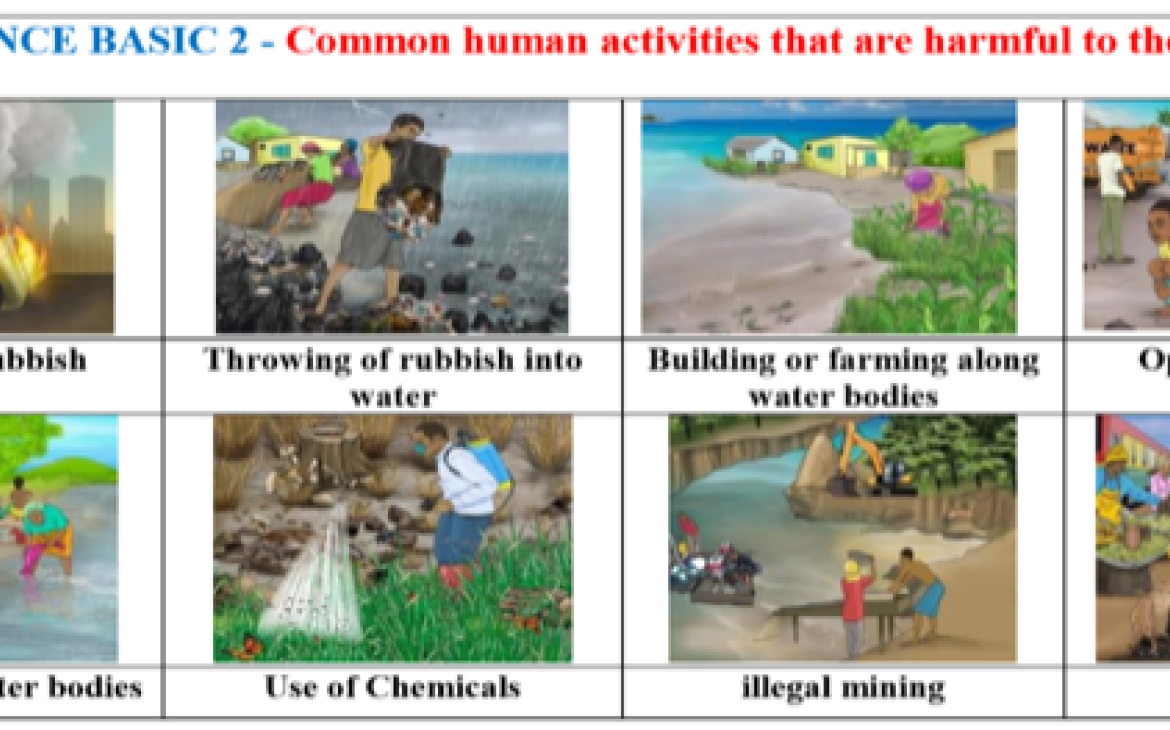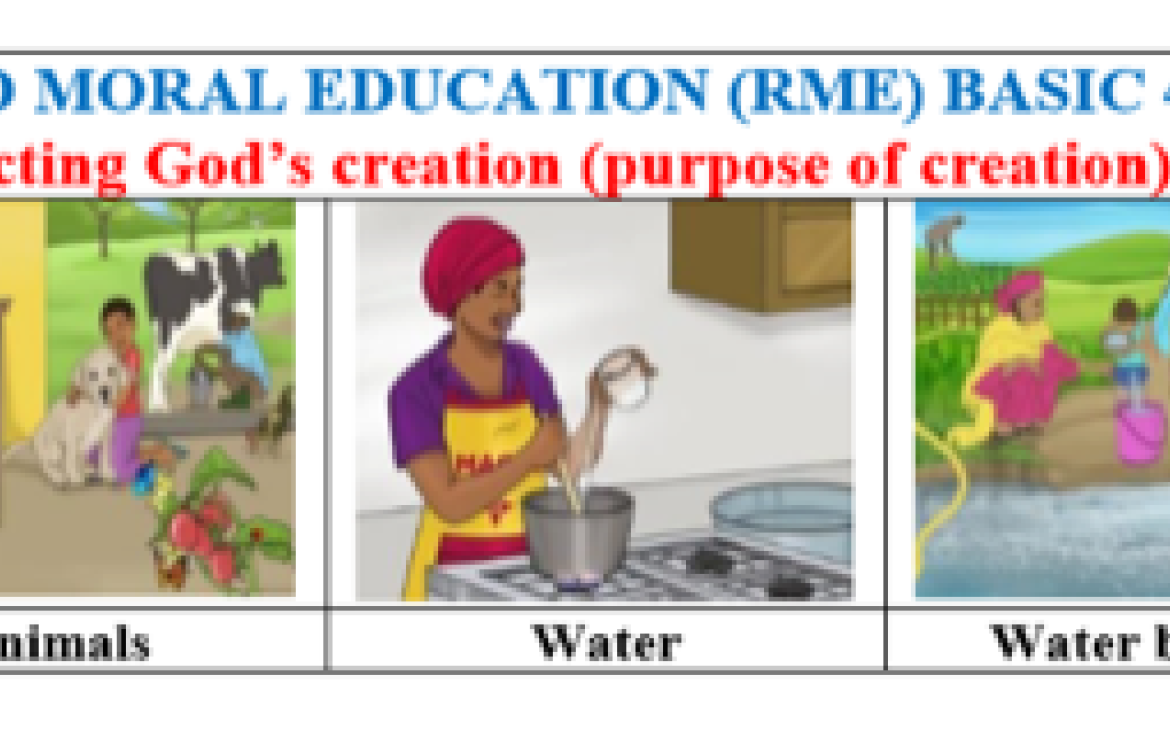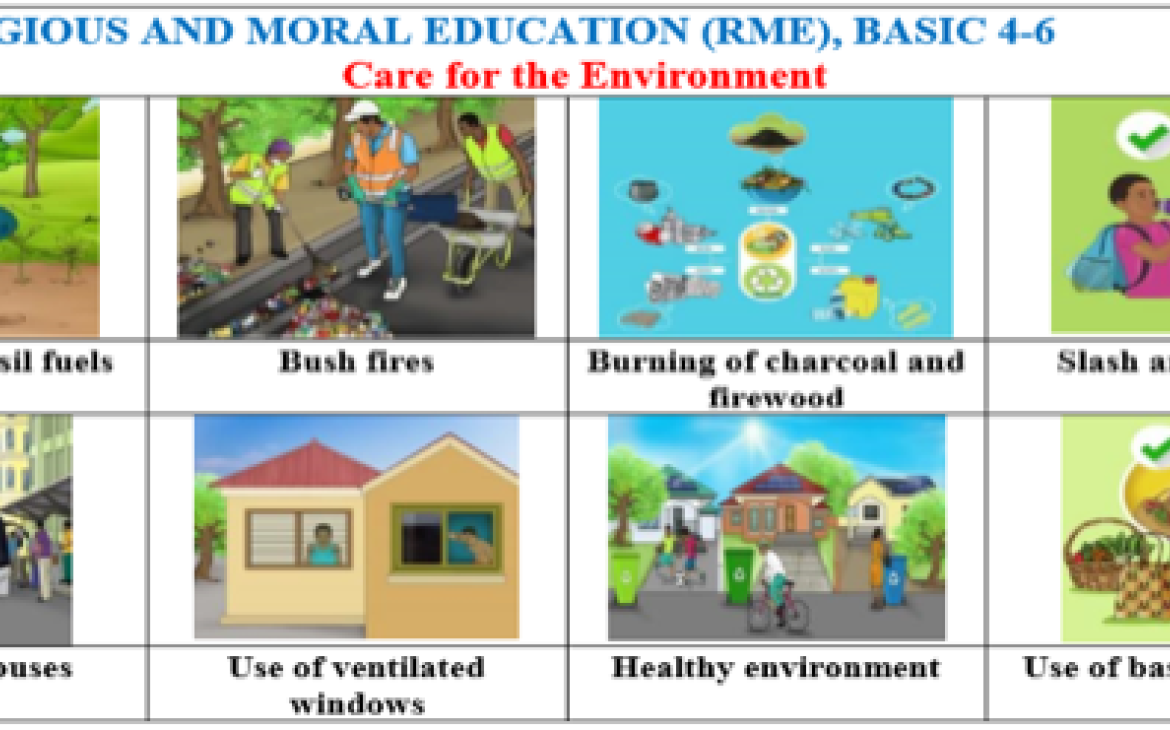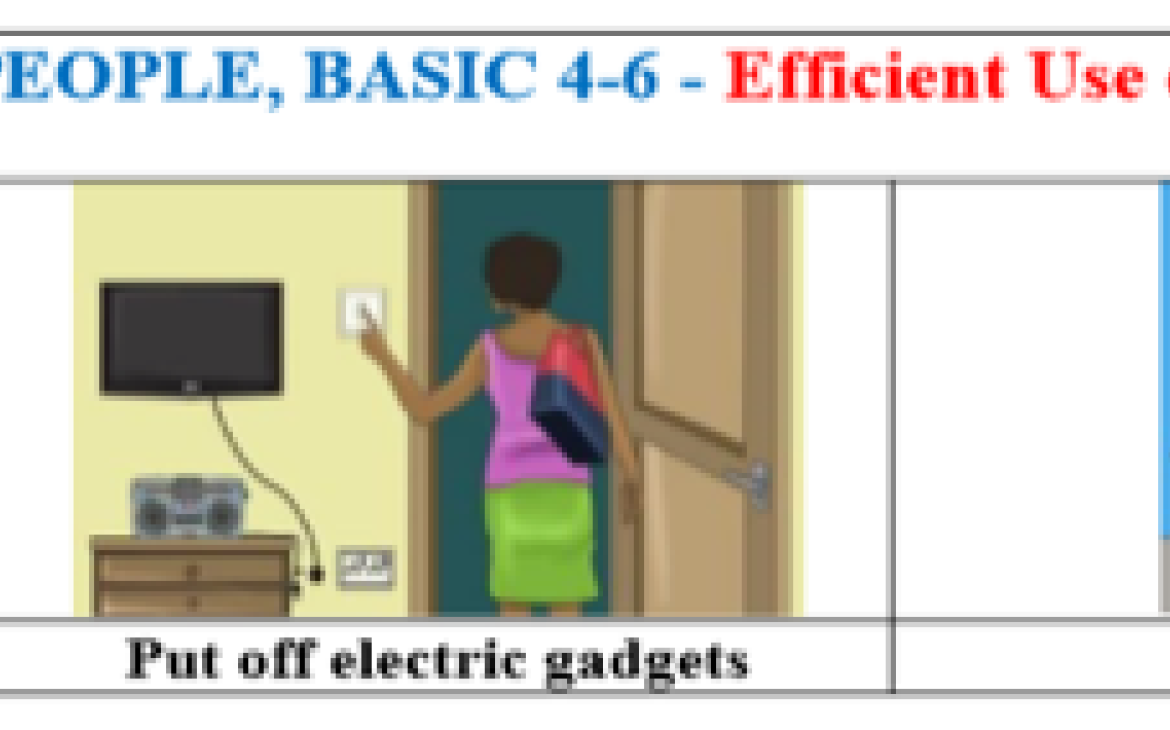March 2020 - Since the launch of Ghana’s National Climate Change and Green Economy Learning Strategy 2016, the country has taken important steps to integrate climate change into the general education system. With support by UN CC: Learn and the Partnership for Action on Green Economy (PAGE), the Ghana Education Service (GES), together with the Ghana Environmental Protection Agency (EPA) and the Ministry of Environment, Science, Technology and Innovation have integrated climate change into all subjects of the new primary school curricula, particularly Science, Our World Our People and Religious and Moral Education. In 2019, several activities were carried out including:
- Identification of climate change and green economy themes for inclusion in pre-tertiary curricula;
- Analysis to assess climate change and green economy knowledge among school children and teachers;
- Preparation of Teaching and Learning Materials tailored to the new primary curricula; and
- Training of over 600 primary school teachers.
At the beginning of the project, a thorough assessment was conducted to present a broad overview of the state of climate change and green economy knowledge of school children and teachers. It was carried out in 45 schools, among primary, junior and senior high schools comprising, the southern, middle and the northern belts of the country. The findings served as the starting point for the development of the framework for implementation.
Teaching and learning materials tailored to the indicators of the new primary school curricula were developed to support teaching and learning of climate change and green economy in Ghana at the school primary level. They covered various subject areas under basic 1 to 6 as follows: Science - conditions of the weather (basic 1), common human activities that are harmful to the environment (basic 2), human activities that pollute the atmosphere (basic 3), burning is one of the causes of climate change (basic 4), impact of deforestation on climate change (basic 5), effects of climate change on humans (basic 6); Religious and Moral Education – Reasons for protecting God’s creation (Basic 4-6), Care for the Environment (Basic 4-6) and Our World Our People – Efficient use of Energy (basic 4-6). These materials consisted of drawings carefully designed to catch and hold the attention of the students and get the message across through practical examples as follows: The drawings were further developed into posters to be displayed to the students during their classes.
EPA and GES also trained teachers from various regions of Ghana on climate change and green economy issues, so that teachers feel at ease with the subjects to pass the knowledge on to their students. Until December 2019, 12 out of 16 regions of the country had been covered and expected to extend the training of trainers to all the 275 districts of the country.
The successful implementation of this project has laid the groundwork for a possible extension beyond primary schools. EPA and GES are currently looking for partners to bring climate change and green economy literacy to secondary education, and work with teachers training institutes to strengthen climate change and green economy issues in the standard training programme for teachers. As a party to the UNFCCC, Ghana would be able to further enhance its commitment to promote climate change education, training and public awareness at all levels of society.
If you are interested in supporting Ghana in this effort, please get in touch with Dr. Emmanuel Tachie-Obeng, Chief Programme Officer at EPA and UNFCCC National Focal Point for Climate Change Education, Training and Public Awareness: etachieobeng@yahoo.com (+233 240 973 625)


